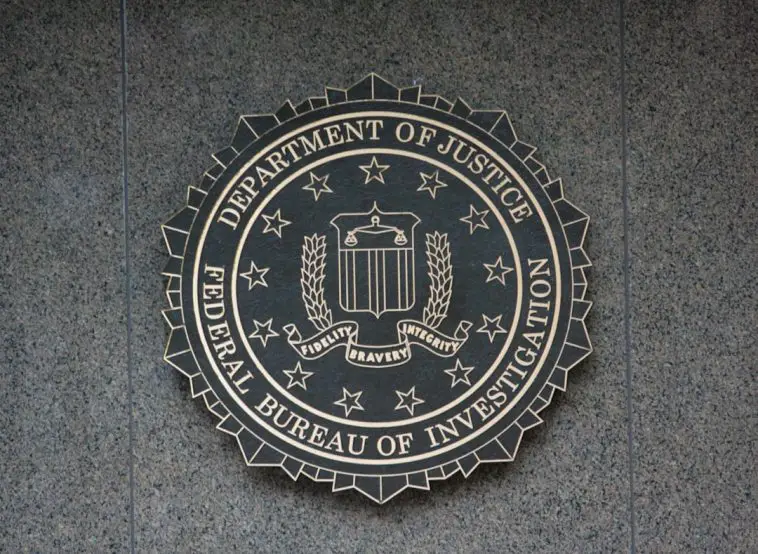Should the FBI be defunded for political corruption?
In recent years, the Federal Bureau of Investigation (FBI) has faced increasing scrutiny over accusations of political bias, misconduct, and corruption. Many conservatives argue that the FBI has deviated from its mission to uphold justice impartially, and instead, has become a tool for partisan agendas. As calls for defunding or drastically reforming the FBI grow louder, here are key reasons why some believe the agency has become irreparably corrupt and should be defunded.
Politicization of Investigations
One of the main criticisms of the FBI is its apparent politicization, particularly in high-profile investigations involving political figures. The FBI’s handling of the investigation into former President Donald Trump’s 2016 campaign, particularly the allegations of Russian collusion, is a significant example. The now-debunked Steele dossier, which was central to the FBI’s investigation, was funded by political opponents of Trump, raising serious concerns about the agency’s impartiality.
Moreover, the FBI’s decision to open an investigation into Trump based on this unverified dossier fueled claims that the agency was being weaponized for political purposes, rather than serving as an objective law enforcement body. Critics argue that these politically charged actions undermined public trust in the FBI as a non-partisan institution.
Targeting of Conservative Groups
In recent years, many conservatives have also pointed to the FBI’s surveillance and investigations of right-leaning groups and activists as evidence of bias. For instance, there were allegations that the FBI unfairly targeted parents attending school board meetings to protest critical race theory and pandemic policies, labeling some of these concerned parents as potential “domestic terrorists.” This perceived targeting of grassroots conservative movements has reinforced the view that the FBI is being used to suppress dissent from conservative citizens.
Mishandling of Key Investigations
The FBI has been accused of mishandling several high-profile investigations that have undermined its credibility. In addition to the Russian collusion investigation, the FBI’s handling of the investigation into Hillary Clinton’s use of a private email server while Secretary of State drew criticism. Many felt that the FBI’s decision not to recommend charges despite clear violations of protocols demonstrated a double standard in how justice is applied based on political affiliations.
Additionally, the FBI’s role in the lead-up to the January 6 Capitol riots has been questioned by some. There are concerns about whether the FBI failed to act on intelligence that could have prevented the event, or whether certain actions exacerbated the situation.
Lack of Accountability and Transparency
Another reason why critics are calling for the FBI to be defunded is the agency’s apparent lack of accountability. Allegations of corruption and misconduct within the agency often go unpunished, with few repercussions for those involved. High-ranking officials implicated in politically sensitive investigations, such as former FBI Director James Comey, have faced little accountability for their roles in controversial actions.
Transparency has also been a recurring issue. FOIA requests and congressional investigations have revealed troubling internal communications that suggest FBI agents were politically motivated in some of their actions. However, the agency has resisted efforts to fully disclose its internal processes, furthering suspicions of corruption.
Erosion of Public Trust
Public trust in the FBI has been significantly eroded as a result of these incidents. Once regarded as the nation’s premier law enforcement agency, the FBI is now seen by many as compromised. Polls show that a significant portion of the American public, particularly conservatives, have lost faith in the FBI’s ability to act impartially and uphold the rule of law. Without reform or defunding, this loss of trust may become irreversible, further damaging the credibility of U.S. law enforcement institutions.



